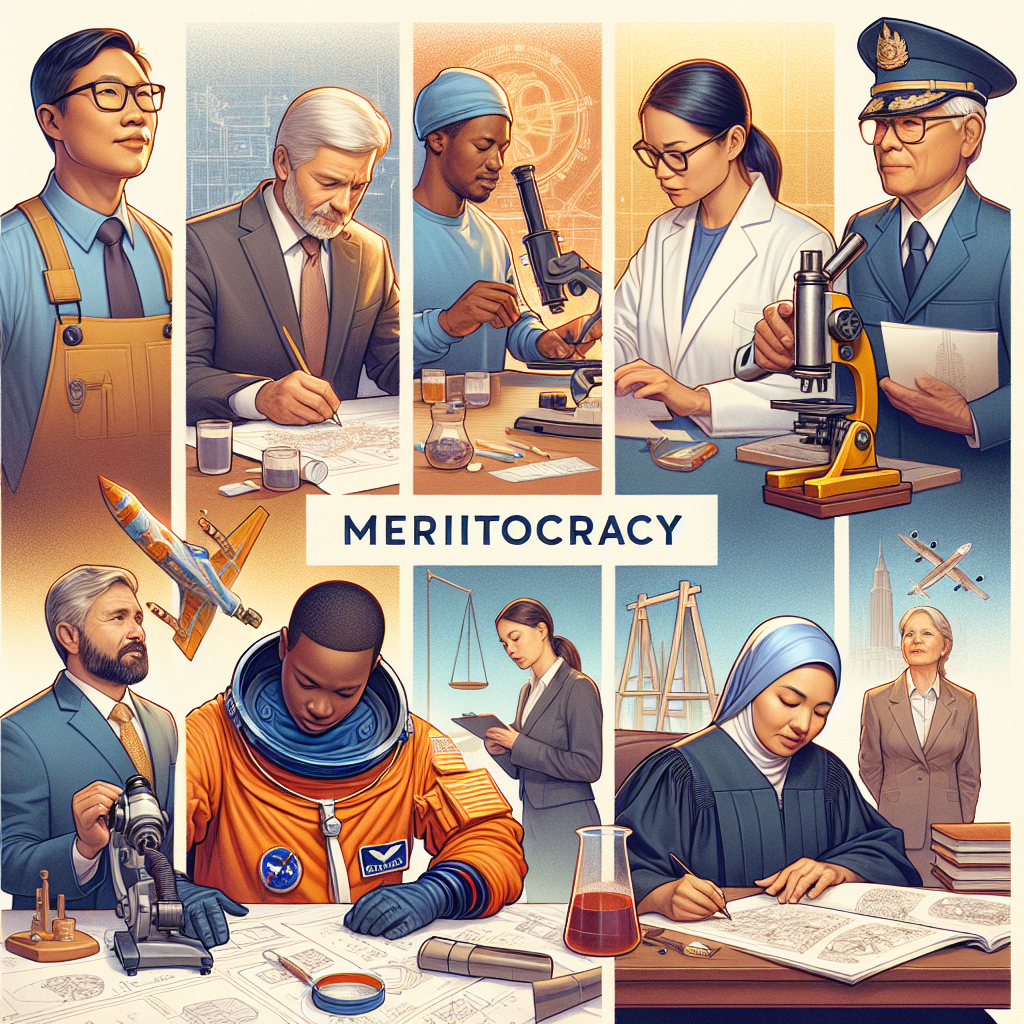
Rethinking Functional Skills English Exams for Inclusivity and Success

It’s Time for a Change in Functional Skills English Exams!
We’re living in a world that demands adaptability, creativity, and real-world skills. So, why are we still using Functional Skills English exams that feel like they’re stuck in a time warp? I reckon it’s high time we shook things up. The current exam system is less a stepping stone to success and more a hurdle race, especially for those who already face challenges in their learning journey.
What’s Wrong with the Current Exams?
At City Skills, we see firsthand how adult learners are grappling with these exams. Many are neurodivergent, have learning difficulties, or simply come from diverse backgrounds that don’t align with the conventional ways the exams are designed. You’d think an exam for English would reflect the language we actually use in everyday life, but that’s often not the case. Instead, we get confusing content that feels more like an obstacle than a pathway to success.
This isn’t just an opinion; it’s a reality that so many learners face. Think about it: if you’re asked to decipher complicated questions or face scenarios that are far removed from daily conversations, how can you possibly show what you truly know? The result? Frustration, low confidence, and a sense of defeat creeping in.
The Barriers for Diverse Learners
One major issue is that these exams can create unfair barriers for diverse learners. We all have different learning styles, and what works for one might not work for another. If you’re someone who struggles with traditional test formats or finds it hard to communicate in the exam’s rigid conditions, you’re at a disadvantage. It’s like trying to fit a square peg into a round hole. Why should we be doing that when education is supposed to uplift and empower?
Imagine walking into an exam room, feeling anxious about the content you’re being tested on, yet knowing you have valuable skills and knowledge just waiting to be recognised. It’s a situation many of our learners find themselves in, which is why we believe a rethink in the system is not just necessary – it’s urgent.
Rethinking Assessments for a Better Tomorrow
Here are a few changes we envision to create a fairer assessment system:
- Real-World Relevance: Let’s simplify the content. Exams should be rooted in situations learners actually face.
- Flexible Formats: Offer alternative assessment methods that cater to diverse learning styles, whether it’s through spoken assessments or practical projects.
- Inclusivity: Develop materials that reflect the rich diversity of our society, so everyone feels represented and valued.
Education should empower its learners to shine, not leave them feeling defeated by a faulty system. We need to champion a more compassionate approach to national qualifications, one that fosters an environment for success for all. Just think about how transformative it could be!
The Future of Learning
In the end, education is about connection and understanding. It’s about giving everyone a fair chance to prove their capabilities. The conversation we need to have is not just about changing exams but transforming how we perceive education itself.
So, what do you think? What changes are necessary to create a fairer assessment system? Together, we can advocate for a more inclusive educational landscape.
Let’s keep this conversation going. Because when it comes down to it, we’re all in this together.
#CitySkills #InclusiveEducation #EducationReform



